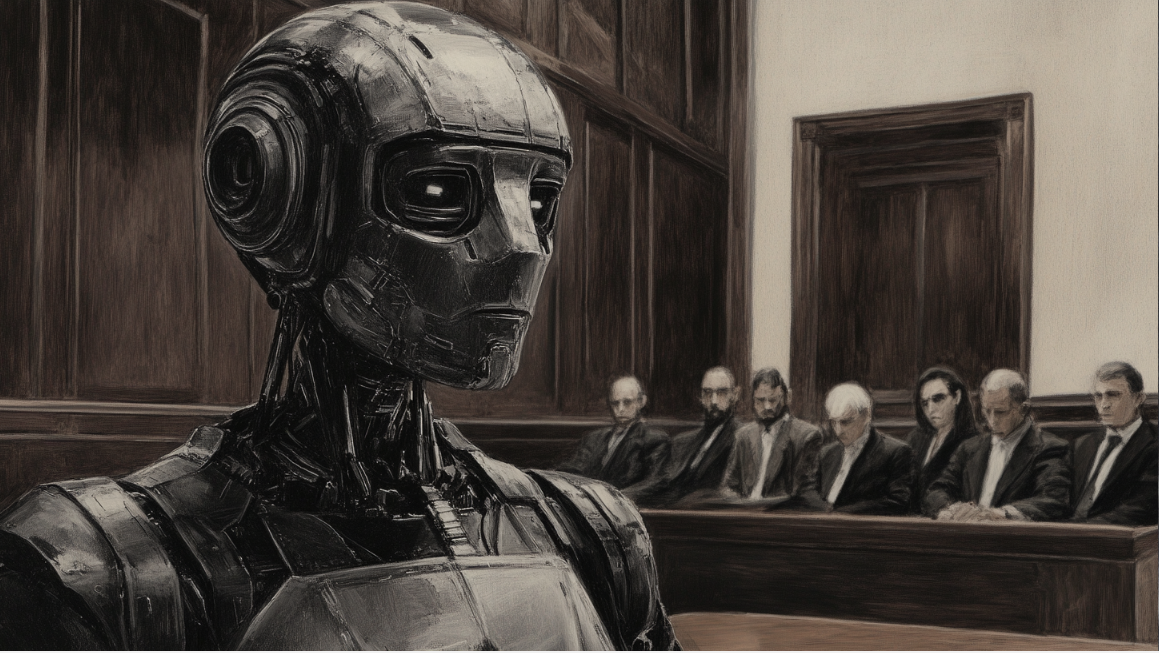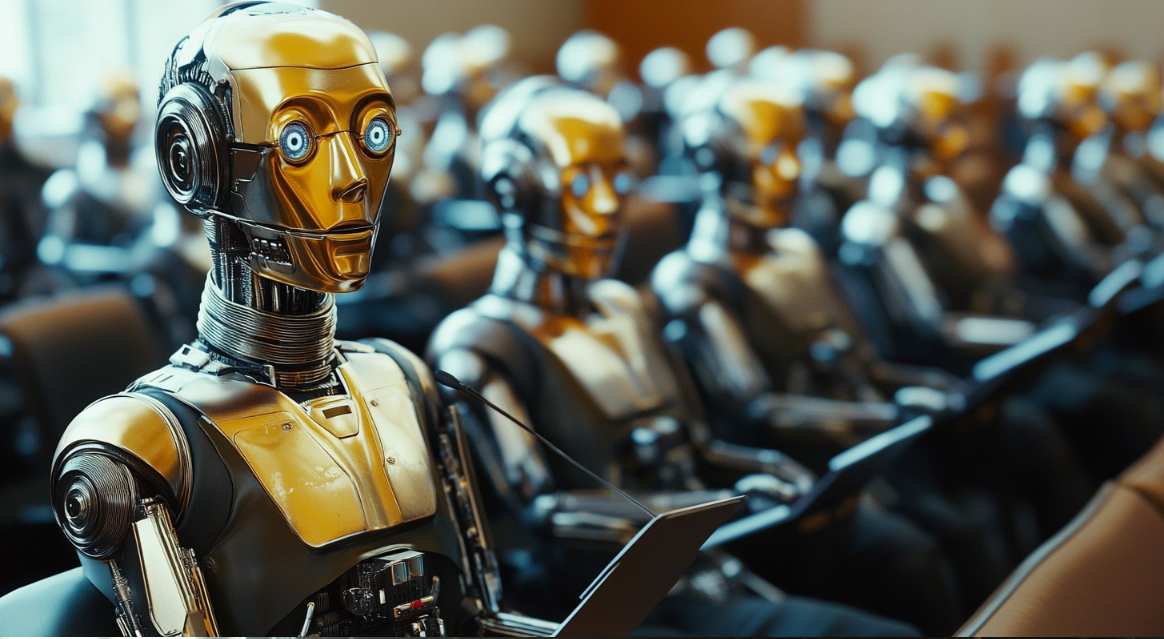
A lot of intellectual and emotional processing goes on without our conscious mind knowing anything about it.
What does this have to do with fears about AI?
Ask yourself, can a programmer write an algorithm about what it means to be human when he doesn’t even know what his own brain does? I’m not making fun of programmers. There are deep, dark, mysterious things going on in his mind, and in all of our minds, that we don’t know anything about. Or, at best, have only a glimmer of understanding about them.
Hears an example from my own life. Years ago, after reading a book on hidden motivations, I started watching my own behavior, and I noticed that if I got on an elevator with another rider, and the other rider got off before me, I would move over and take his place.
I’d probably been doing that for years, and only just noticed it.
Why did I do that? Was I marking the space as mine? It sounds like something a dog would do.
The point is that our brains are far more complicated than we think, so while we have every reason to be cautious about AI, let’s also admit the reality that there are things being human that a computer is not going to be able to mimic because no programmer on earth understands it.
The recent Bo Sacks email titled “Jane Friedman Speaks Out: Understanding AI from a Publisher’s Perspective” offers some sane analysis that’s worth your time. Bo Sacks also offers his own thoughts, which are very interesting.
I’ll be honest, I am worried about AI. Frank Herbert’s Dune is lurking there in the back of my mind, making me wonder if we should have a jihad against thinking machines. The Sorceror’s Apprentice also comes to mind, and the genie in the bottle. Our culture is full of cautionary tales about unleashing a power we can’t control. Like nuclear energy.
My opinion is this. Go ahead and use AI as the productivity-enhancing tool it clearly is. But don’t be surprised if people start storming data centers and demanding regulation. The fear that we might create a monster we can’t control shouldn’t be lightly brushed aside.
But at the same time, predictions are hard, especially about the future, as Yogi Berra allegedly said.
So let’s not give up, or lose heart. It’s very possible — probably likely — that there’s more to being a human than a computer can ever imitate.
This is the first in what I hope will be a series of posts and podcasts called “Something I Learned Yesterday.” Once I get the podcast set up, I’ll provide a link.




